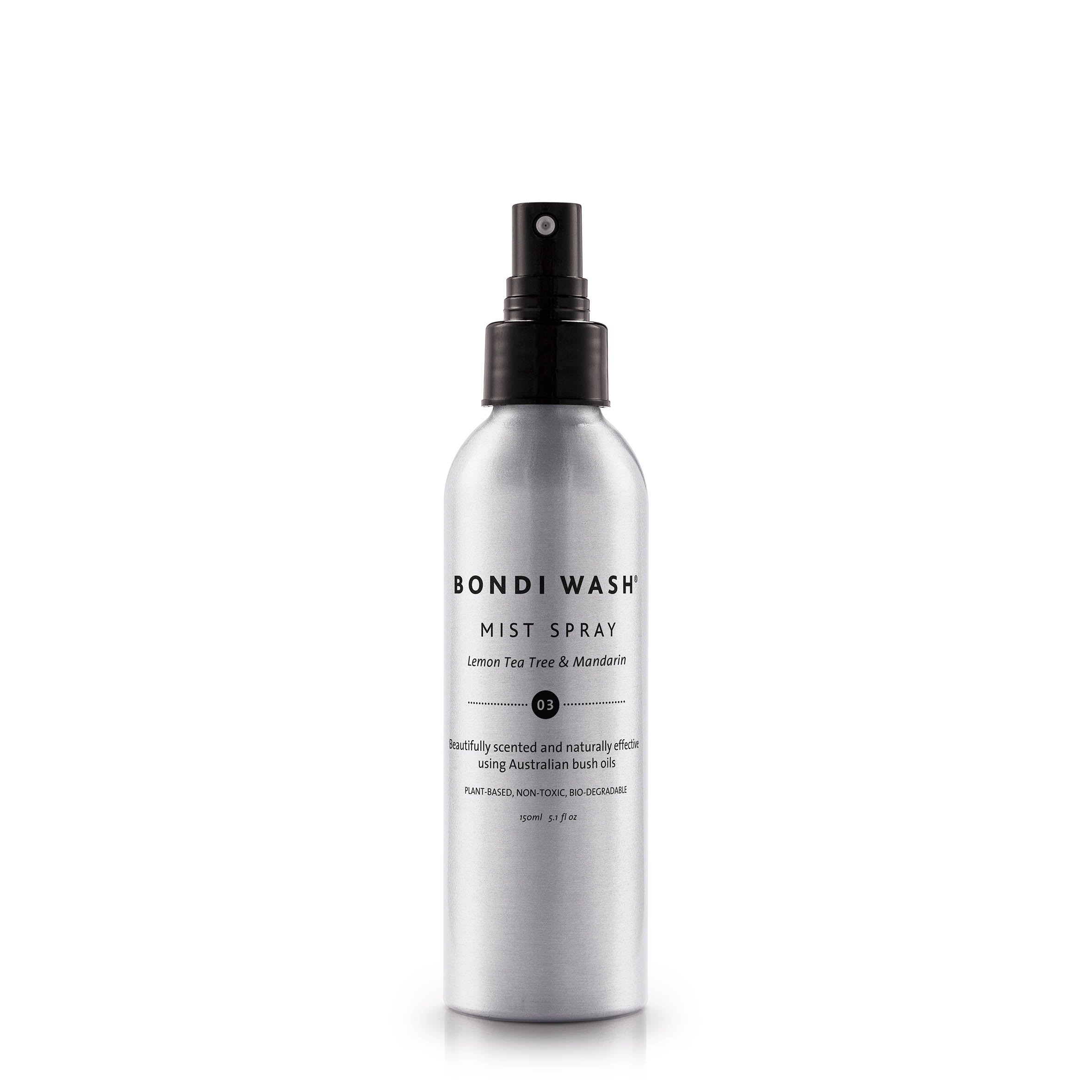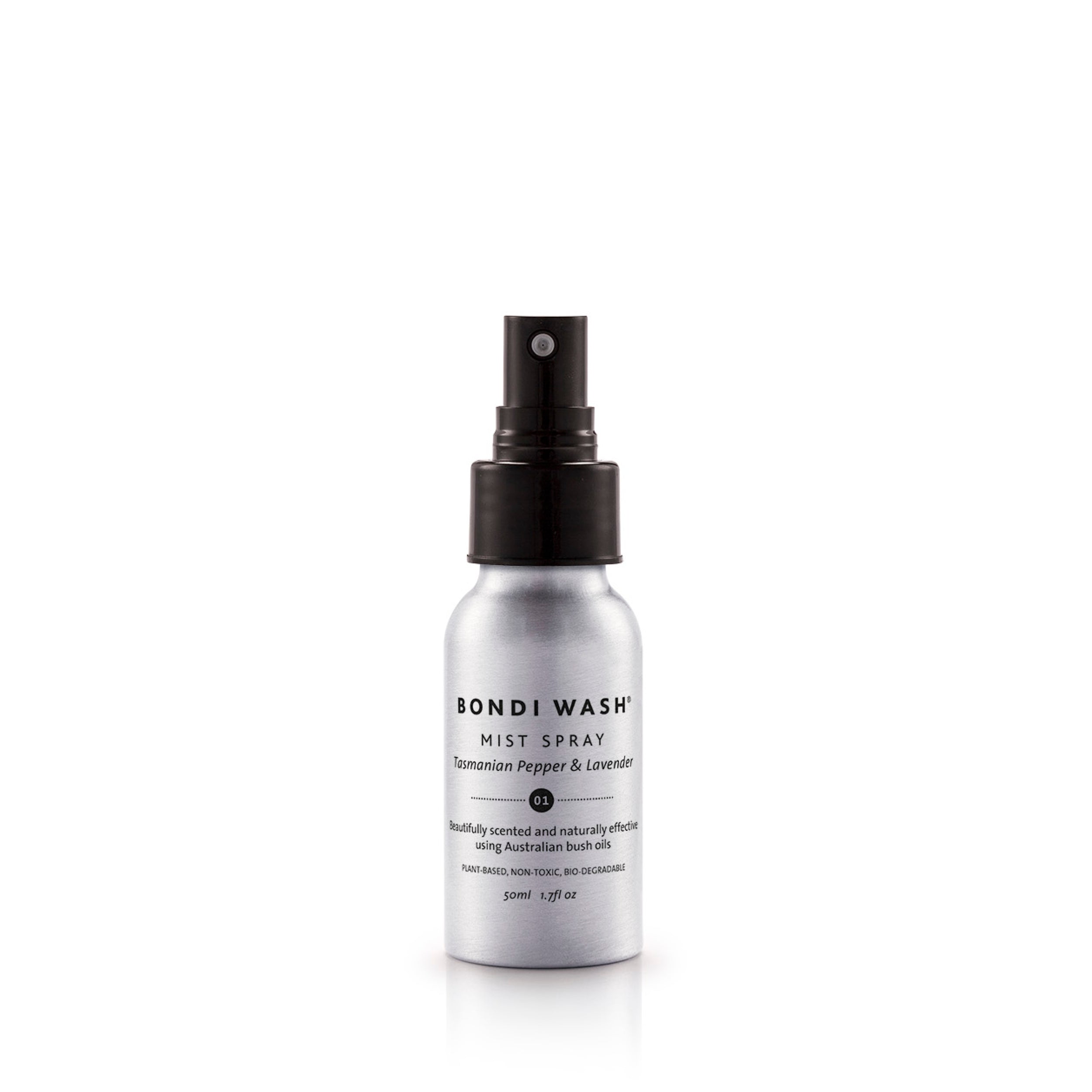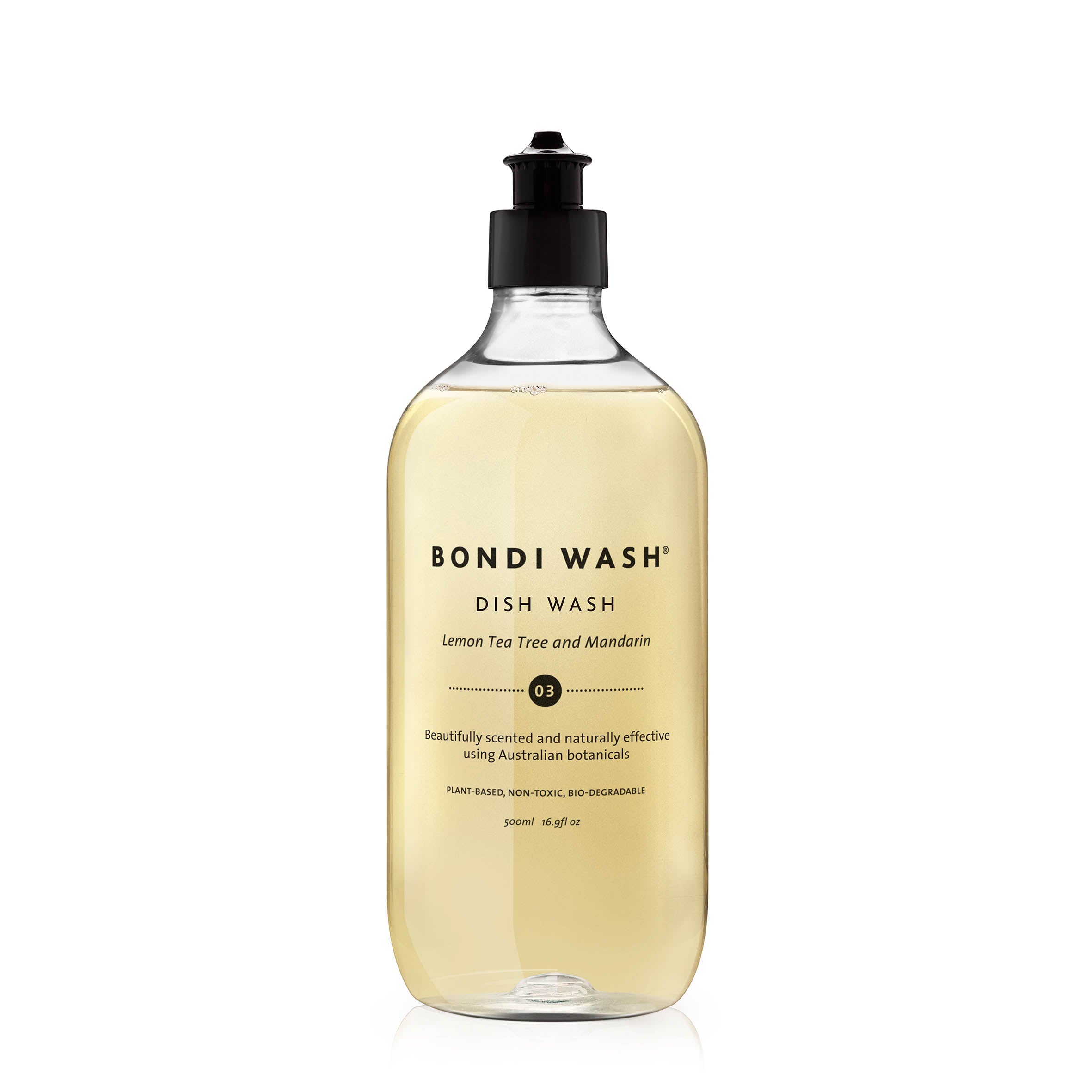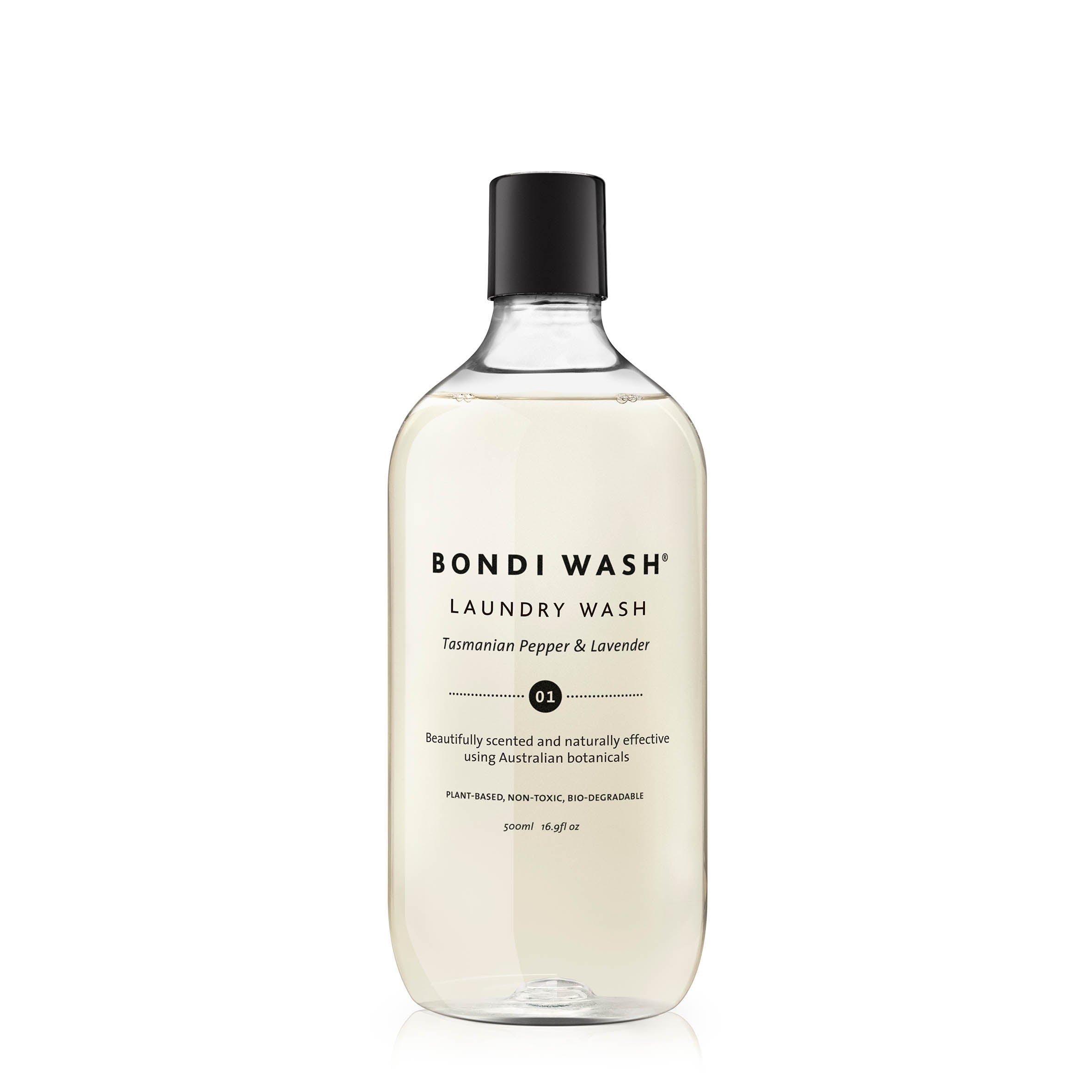Biodegradable plastic represents one of the very first answers to the marine littering problem and more generally, to the pollution produced by plastic waste. The so called ‘Bio-plastic’ is one of the key instruments put forward by the European Commission for its Strategy for Plastics in a Circular Economy. The very first step of the strategy is to create ‘Harmonised Standards’ to define and label compostable and biodegradable plastic materials. ‘Harmonised Standards’ are European standards which are developed by recognised European Standards Organisations. This will allow consumers and end-users an informed choice in their purchase. The idea is that some complex organic molecules have the ability to be transformed into non-polluting in-organics with the help of microorganisms. Unfortunately, studies have shown that despite this idea, the disposal of biodegradable plastic still requires specific care and attention.
A team of biologists from the university of Pisa conducted research on the impact of biodegradable plastic on the marine environment. The results of this research, published on “Science of the Total Environment”, show how biodegradable plastic still needs 6 months to dissolve in the sea. Obviously, this is much better than the 30 years needed by traditional plastic, yet it is still a period of time long enough to affect seagrasses growth along with other important variables such as oxygen level, temperature and pH. Simulating different natural conditions in a miniature ecosystem, the team of biologists observed the effects of biodegradable plastic shoppers on a common seagrass species of the Mediterranean(Cymodocea nodosa and Zostera noltei). After six months of sediment exposure, the bag retained considerable mass (85% initial weight) and reduced sediment pore-water oxygen concentration and pH.
The issue of biodegradable plastic as a ‘false solution’ had already been raised by Jacqueline McGlade, chief scientist at the UN Environment Programme,during an interview with The Guardian.“It’s well-intentioned but wrong. A lot of plastics labelled biodegradable, like shopping bags, will only break down in temperatures of 50C and that is not the ocean. They are also not buoyant, so they’re going to sink, so they’re not going to be exposed to UV and break down,” she said.The main solution to plastics in the ocean is better waste collection and recycling, particularly in the developing world, the UN said. But McGlade said that some of the biodegradable additives in plastic that allow it to break down made it harder to recycle, and potentially harmful in the natural environment.“When you start adding all of that [additives], when it becomes waste, they [the additives] become the enemy of the environment. As consumers we need to think of the use of plastic,” she said.
At Bondi Wash we are constantly looking at ways to reduce our impact on the environment but will only do it if it is genuinely a solution. Unfortunately, bio-plastic looks like it isn’t the solution to the problem. Still, we certainly won’t stop working and researching to make Bondi Wash even more sustainable and environmentally friendly.
Sources:



































